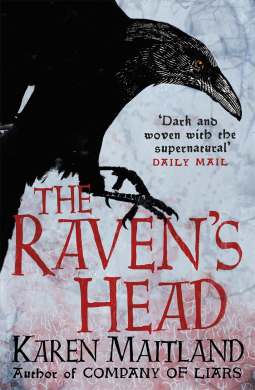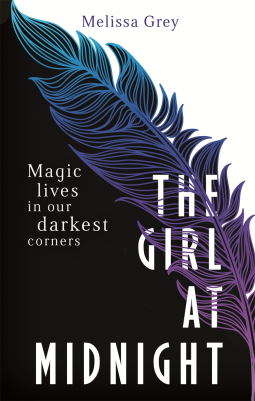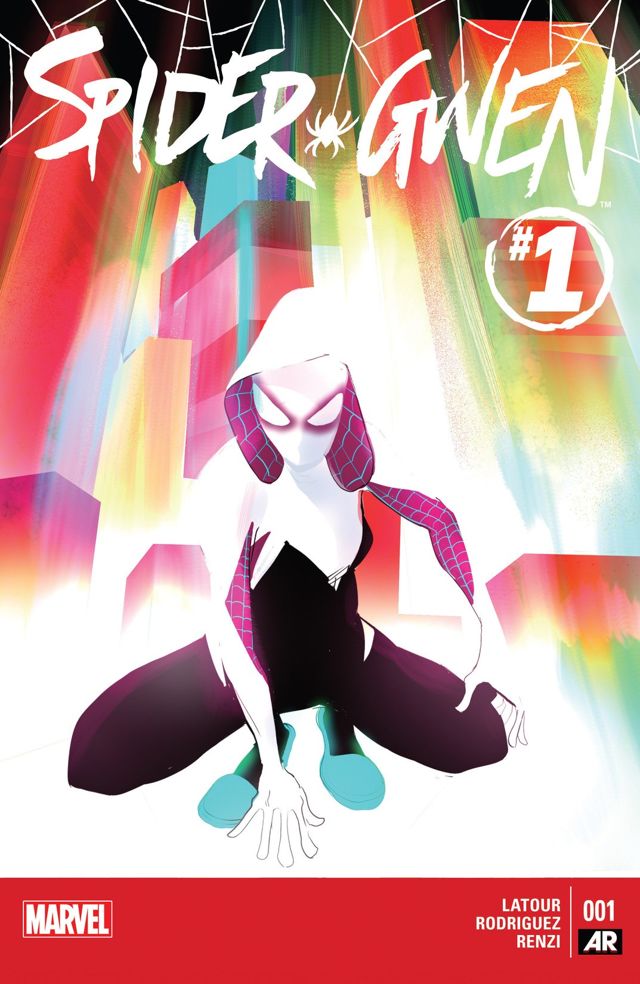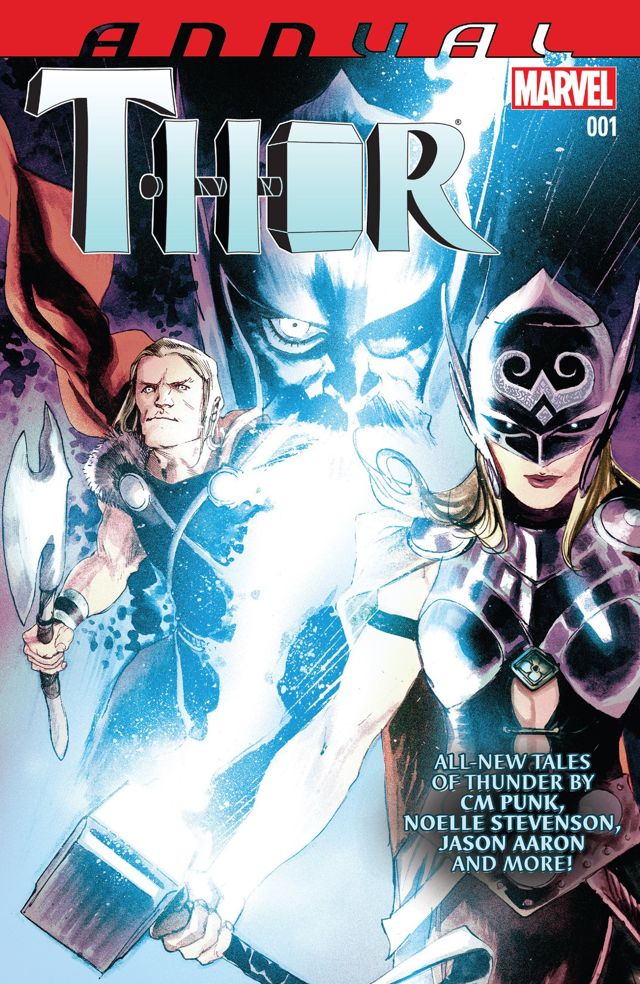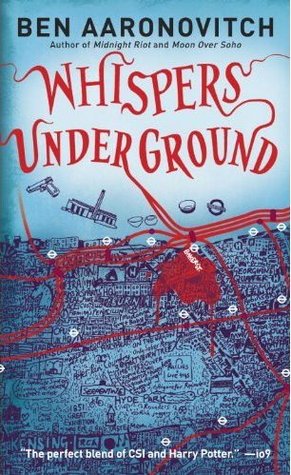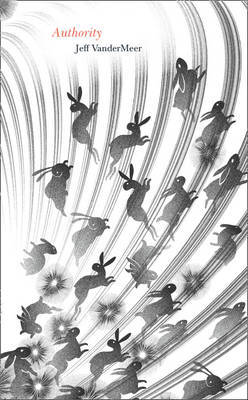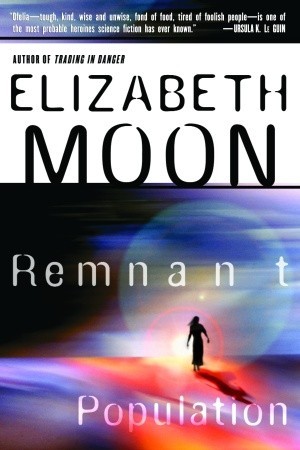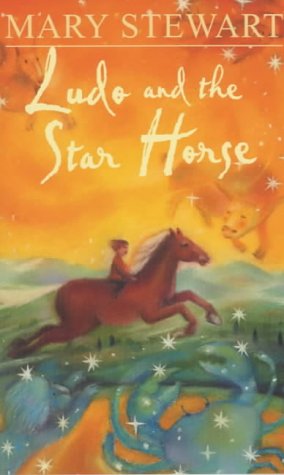 Ludo and the Star Horse, Mary Stewart
Ludo and the Star Horse, Mary Stewart
Took me a while to get hold of this, as I don’t think it’s currently in print. I wasn’t expecting much of it, since I knew it’s a children’s story, but I do love Mary Stewart’s work, and this morning I was feeling moderately dreadful, so something comforting sounded like the perfect plan. And this was just right: a little bit like Seaward, but with more the maturity level of The Dark is Rising; a little bit Narnia, but sans Christian allegory.
It’s a quest story, relatively simply: it goes through the zodiac, to catch up with the sun, to allow Ludo’s old horse Renti to join the horses of the sun now that he’s old and lame and beyond working any more. Ludo isn’t the sharpest tool in the box, in the sense that… well, to borrow the imagery from the book itself: he’s still an unshaped piece of wood, a little rough, not the best quality. But inside that, there’s a shape just waiting to be carved out, one full of life. He’s a plain sort of boy, with no special talent, but that doesn’t mean he’s not worthy, or that he won’t grow up into someone perfectly capable, maybe even very gifted.
Since it’s a Mary Stewart book, I wasn’t surprised at all by the very firm sense of place in the opening chapters in Bavaria. I liked that she didn’t just pick a kid from the English countryside, and that he really was just a plain ordinary boy with some potential, the same potential as anyone else.
It’s not deep, but it is charming; a fairy tale quest through the zodiac and, perhaps, home again.
Rating: 4/5
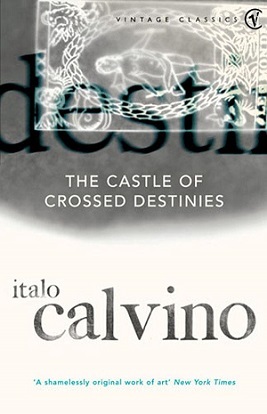 The Castle of Crossed Destinies, Italo Calvino
The Castle of Crossed Destinies, Italo Calvino

